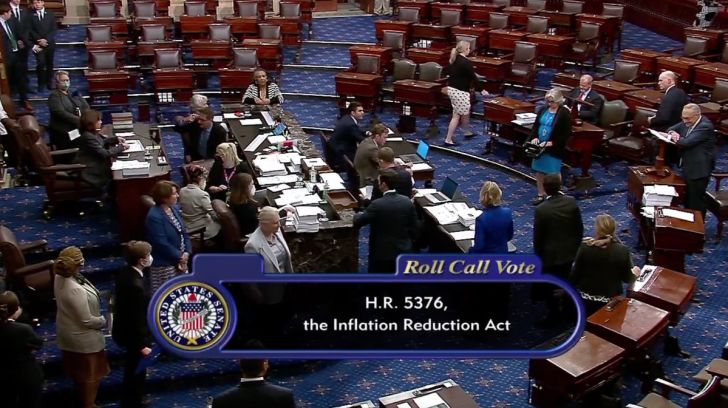Good Morning Everyone,
One of the most fundamental dynamics that has underpin the dominance of the US dollar since defaulting (again) in 1971 and the subsequent removal of the peg to gold, that is the removal of any tether to the physical world, is the creation of the PetroDollar system.
Alex Gladstein explains this system and the historical account of its formation in his article - The Hidden Costs Of The Petrodollar.
As he explains in the article:
“In 1974, they sent new Treasury Secretary William Simon to Saudi Arabia “to find a way to persuade a hostile kingdom to finance America’s widening deficit with its newfound petrodollar wealth.” Simply put, a petrodollar is a U.S. dollar paid to a petroleum exporter in exchange for oil. As a Bloomberg report says, the basic framework was “strikingly simple.” The U.S. would “buy oil from Saudi Arabia and provide the kingdom military aid and equipment. In return, the Saudis would plow billions of their petrodollar revenue back into Treasuries and finance America’s spending.” This was the moment that the U.S. dollar was officially married to oil.”
Now following the changing global dynamic, we may be seeing the birth of a new petro-backed monetary chess piece - that of the Chinese Yuan. There was a fascinating article in the Wall Street Journal that i’ve linked below covering this possibility.


There are many elements to this I find interesting, but to me the most significant of those is the fact that metcalfes law, ie network effects, goes both ways. The move to trade oil with China in Yuan is potentially the initial etchings of the end of the petrodollars dominance.
I don’t think we’re going to see some monumental rise by China tomorrow as a result of this however. Most likely China are just responding to the obvious realisations that they are vulnerable from an energy perspective. But there is certainly the possibility that they wish to attack the US dollar and its stranglehold on them and the global economy by attacking what underpins its dominance. It is also understandable that the Saudi’s will be planning for the potential that the US aims to become more energy independent and reduce their demand for oil.
Simon Rabinovitch who writes for The Economist, put together an awesome thread covering some of the complexities. What he is specifically looking at in this thread is not the strategic potentials of this move, but rather “how much Yuan can it absorb and put to work”.


He begins to review import/exports and considering the levels to which the Yuan accumulated as a result of such a move could be recycled.


The point he arrived at was that while the Saudi’s have some runway to accept Yuan and can expand their FX reserves up to a point, they are ultimately constrained by the fact that China’s markets are still considered too narrow and volatile, and that if they were to increase it further it would risk the original petrodollar arrangement.
He gives the example of Russia’s reserves just prior to invading Ukraine.

The fundamental issue i see within all of this is the fact that these currencies and the regimes that back them lack neutrality. If the Saudi’s wanted to increase their Yuan FX reserves they are fundamentally constrained because they would be tied to the whims of another global power. This may upset relations with a seperate global power and add further complexity to geo-political relationships. It also means the value of these reserves is tied to this power, their monetary policies and their actions in the world.
It would make so much more sense if they were to hold reserves in bitcoin. A completely neutral and censorship resistant bearer instrument which they can custody themselves digitally, and that can be transferred at the speed of light completely agnostic to borders. If this were the case, they would not be constrained by any of these issues and there would be no limit to their trade partnership. This would be a far superior mechanism in my opinion, and would alleviate much of the friction and risks that exist using the Yuan, dollar or any other unbacked piece of paper.
It seems clear to me that while this transition may be unlikely to happen immediately, that at some point in time, nation states will wake up to the fact that having a significant portion of the wealth anchored to that of a rival power is suboptimal, and the utilisation of a truly neutral digitally scarce asset is an obvious and far superior choice.
In the short term liquidity and the depth of the market is no doubt still a limiting factor, but over the next decade or two I believe this will change and what may seem unlikely now, will then seem obvious.
Hope you have a great day. I’ll talk to you tomorrow.
AK













Share this post